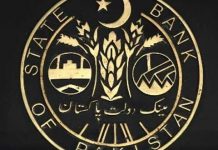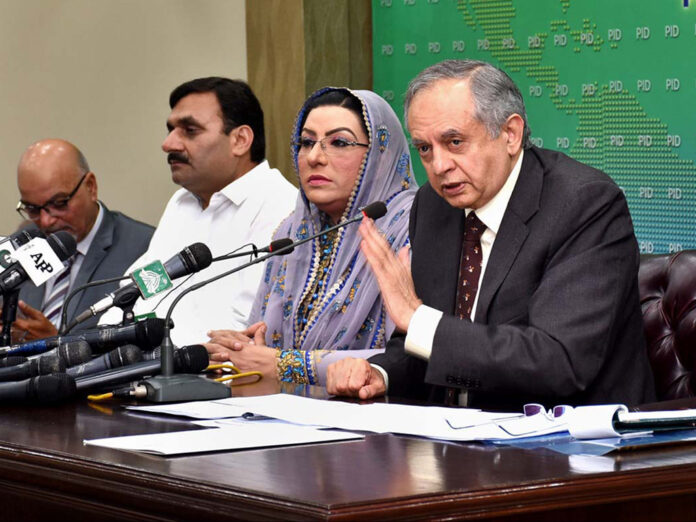–PM aide says new policy will focus on value-added sectors
–Says govt to focus on engineering, chemical sectors instead of textiles
ISLAMABAD: The federal government is going to make fundamental changes in trade policies following the approval of the five-year Strategic Trade Policy Framework (STPF) by Prime Minister Imran Khan, said PM’s Adviser on Commerce Razak Dawood.
The PM aide said the new policy will cover 26 sectors and the government will provide an incentive to the value-added sectors. He said the current average duty drawback is 3 per cent which will be modified for some traditional sectors, such as engineering, pharmaceutical, auto parts, processed food and beverages, footwear, gems, chemicals, meat and poultry, fruits and vegetables, seafood and marble.
Under the new framework, the government has fixed the export target at $26 billion in 2021, $31bn in 2022, $35bn in 2023, $40bn in 2024, and $46bn in 2025.
Speaking about the backlog of 17 per cent sales tax refunds, he said the government cleared a backlog of tax refunds that was pending since 2009 and it would also take measures to address the issue of pending dues soon.
He said Finance Adviser Hafeez Sheikh, State Bank of Pakistan Governor Reza Baqir and himself will meet on Friday to chalk out a mechanism to transfer sales tax refunds subject to the State Bank of Pakistan in order to ensure speedy payment of refunds to the exporters.
At present, the Federal Board of Revenue (FBR) deals with duty drawback and sales tax refunds whereas the Ministry of Commerce deals with Drawback of Local Taxes and Levies (DLTL). However, these subjects will be transferred to the State Bank of Pakistan under the new trade policy framework.
He said that there was anti-export bias in the country, adding that there was no culture of taxes, levies and surcharges where export culture existed. The drawback has not been revised for the last eight years, he added.
He mentioned that the incentives on duty drawback will not be available for the textile sector. “We have not witnessed growth in the textile sector,” he said, adding that the government will have to move away from the textile sector.
The global textile volume amounted to $837bn whereas engineering and chemicals had $2 trillion volume each, he added.
























[…] post PM gives go ahead to five-year trade policy, says Dawood appeared first on Profit by Pakistan […]